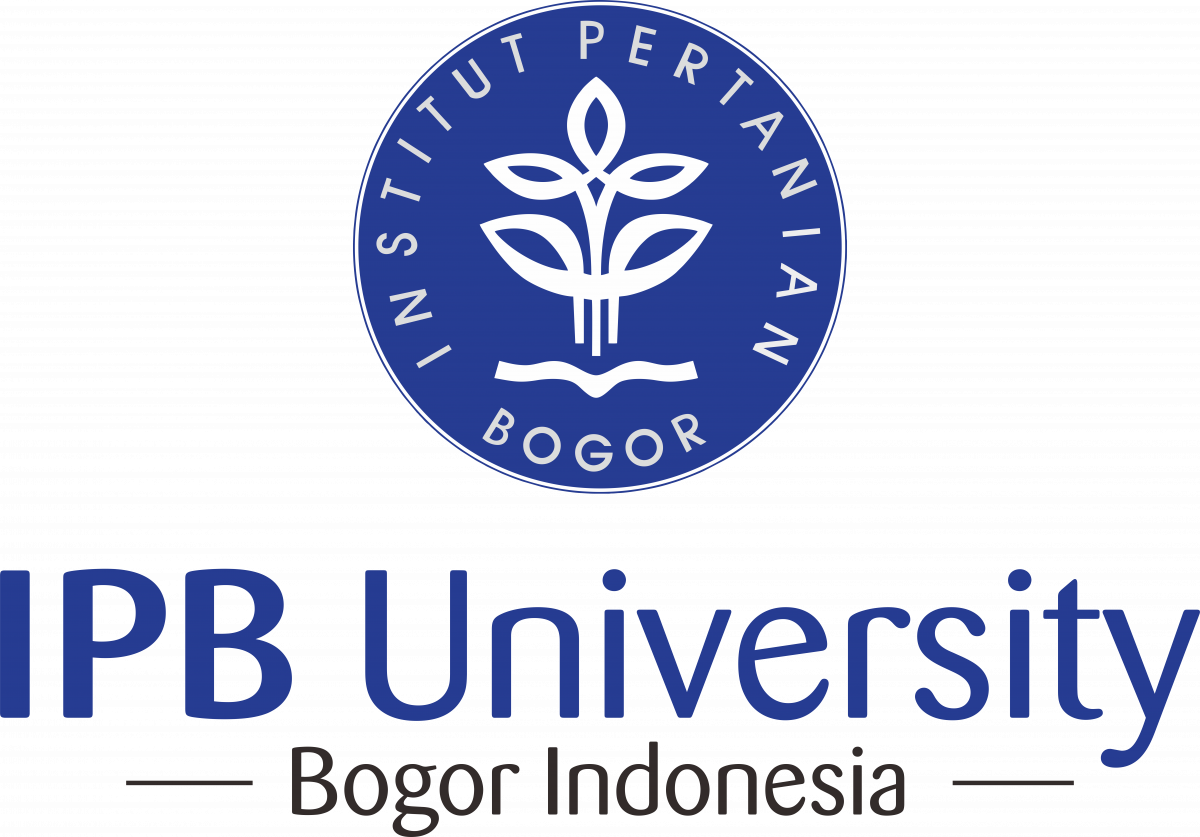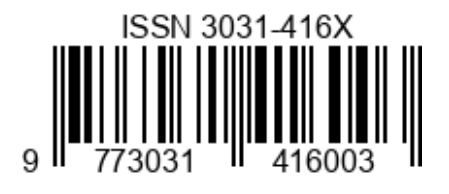Mutual Recognition Agreements: A Gateway to Global Opportunities or A Pathway of Challenges in Indonesian Economics for Halal Agri-Food Sector
Abstract
Indonesia, with the world's largest Muslim population, holds significant potential in the global Halal economy. The mandatory Halal certification in Indonesia presents both challenges and opportunities for international businesses. Mutual Recognition Agreements (MRAs) facilitate trade by enabling the acceptance of Halal certifications issued by recognized foreign bodies. While MRAs offer Indonesian businesses access to global markets, they also pose challenges such as increased competition from imported Halal products. This study explores the potential impacts of MRAs on the Indonesian Halal agri-food sector, analyzing the challenges and opportunities for local businesses. Key considerations include strengthening Halal standards, supporting SMEs through tailored financing schemes and government incentives, and ensuring the quality and authenticity of imported Halal products. The study emphasizes the need for a comprehensive strategy that balances market access with the protection of domestic producers while leveraging Indonesia's competitive advantages in the global Halal market.
References
Azwar A, Sarip MM. SME support for halal industry and sharia economy in Indonesia: SWOT analysis. Asian Journal of Islamic Management. 2024;6(1). https://doi.org/10.20885/AJIM.vol6.iss1.art4
Harati A, Farzaneh P. The advancement in global halal industry from farm to fork. Journal of Halal Product and Research. 2024;7(2):113-124. https://doi.org/10.20473/jhpr.vol.7-issue.2.113-124
Hidayat AS. Dinamika kerjasama ekonomi Indonesia dengan anggota Organisasi Konferensi Islam (OKI): potensi dan pengaruhnya terhadap perekonomian Indonesia. Buletin Ilmiah Litbang Perdagangan. 2016;10(1):21-44. https://doi.org/10.30908/bilp.v10i1.21
[IAF] International Accreditation Forum. IAF Multilateral Recognition Arrangements. 2021.
Kaharuddin K, Minollah M, Cahyowati RR, Nurbani ES. Implementation of tax incentive for micro, small, and medium enterprises at special economic zone in Indonesia. Volksgeist: Jurnal Ilmu Hukum dan Konstitusi. 2024;7(2). https://doi.org/10.24090/volksgeist.v7i2.11056
[KNEKS] Komite Nasional Keuangan Syariah. Global Halal Industry Challenge and Opportunity, Summer Course International Halal. 2024;7.
Muchtar M, Asy'ari H, Rodoni A, Amalia E, Hosen MN. Does a free trade agreement's impact on the export of halal food to OIC countries matter? Evidence from Indonesia. ETIKONOMI. 2024;23(1):147-166. https://doi.org/10.15408/etk.v23i1.32951
Nurlatifah H, Imam S. Halal awareness on Indonesia consumer. Budapest International Research and Critics Institute-Journal (BIRCI-Journal). 2021;4(4).
Salehudin I, Luthfi BA. Marketing impact of halal labeling toward Indonesian Muslim consumer's behavioral intention based on Ajzen's planned behavior theory: Policy capturing studies on five different product categories. ASEAN Marketing Journal. 2021;3(1). https://doi.org/10.21002/amj.v3i1.2013
Septiani D, Ridlwan AA. The effects of halal certification and halal awareness on purchase intention of halal food products in Indonesia. Indonesia Journal of Halal Research. 2020;2(2). https://doi.org/10.15575/ijhar.v2i2.6657
Wardani DTK. Regional integration and intra OIC trade: Lessons from Indonesia and Malaysia. Jurnal Ekonomi & Studi Pembangunan. 2016;17(1):8-15. https://doi.org/10.18196/jesp.17.1.2456
[RISSC] Royal Islamic Strategic Studies Centre. The Muslim 500: The World's 500 Most Influential Muslims, 2024. The Royal Islamic Strategic Studies Centre, 20 Sa'ed Bino Road, Dabuq, Amman, Jordan. 2023.
[SGIE] State of the Global Islamic Economy Report. The Global Islamic Economy 2023/34 Overview. 2023.

Copyright (c) 2025 Hasnaa Nur Azizah, Muhammad Arief Ramadhan, Tanaya Fauzia Utami, Nurul Hidayati, Rashdi M. Casim

This work is licensed under a Creative Commons Attribution-ShareAlike 4.0 International License.











